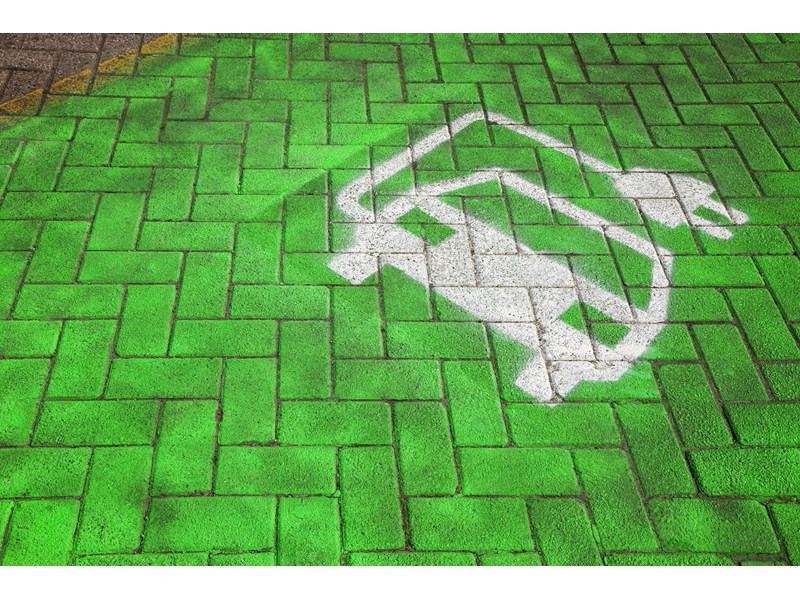Discuss your challenges with our solutions experts
What could a Biden administration mean for EV adoption in the US?
The Biden campaign specifically calls out the strategic importance of electric vehicles in reducing green house gas emissions
1 minute read
The US presidential election is less than three months away. In his election campaign, the Democratic nominee Joe Biden has called out electric vehicles and their strategic importance in reducing greenhouse gas emissions.
Biden's climate plan outlines three specific targets relating to EVs:
- Deploying 500,000 new public charging outlets
- Restoring the full electric vehicle tax credit
- Developing a new fuel economy target “that goes beyond what the Obama-Biden administration put in place”
Just how effective would each measure be in the push for wider EV adoption in the US, where sales currently lag behind China and Europe?
Wood Mackenzie’s base case projects 800,000 new public charging outlets by 2030. A promise of adding 500,000 new outlets is underwhelming. If the policy support promised by the Biden campaign is directed towards increasing the share of DC Fast Chargers, it will provide a boost to EV adoption.
Restoring the full tax credit sounds vague as the current tax credit is still active. It is however capped at the first 200,000 vehicles built by a particular automaker. Increasing the cap on the number of vehicles eligible for tax credit would give automakers some cushion in pricing their models and help with adoption in the near term.
The most impactful policy change for EV adoption would be increasing the federal fuel economy targets. Going beyond the Obama-era regulations or even reversing the new targets set by the Trump administration will certainly increase EV adoption. This has already been evidenced in other global markets. Setting a target at an automaker fleet-level forces the automaker not only to make more efficient cars, but also to spend more money on effective marketing campaigns and automaker-provided subsidies. Passing stricter emissions regulations would push EV sales in the US to top 4 million by 2030, 50% higher than prior projection.







